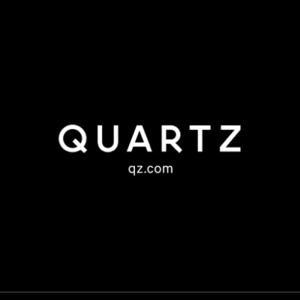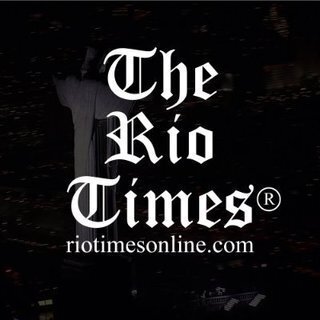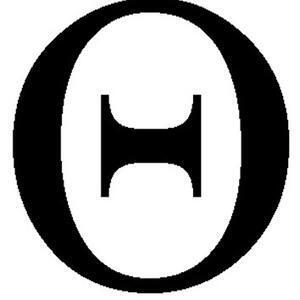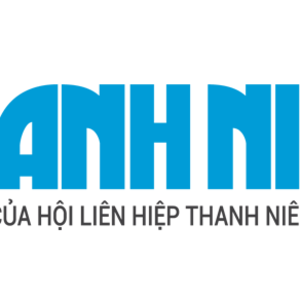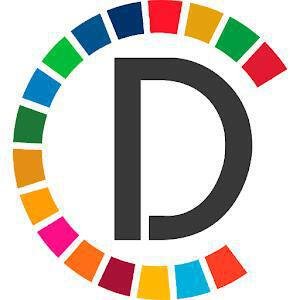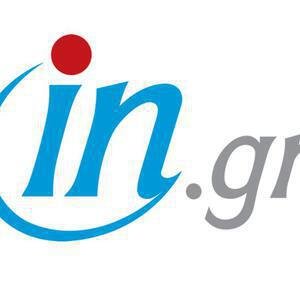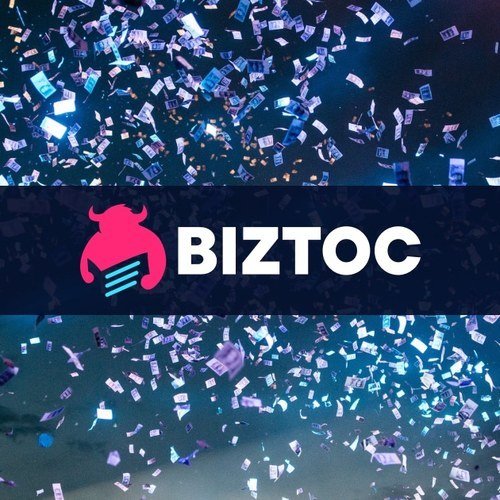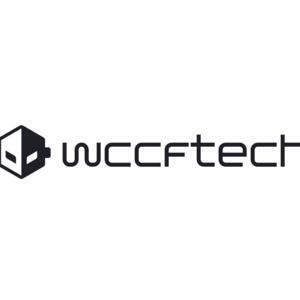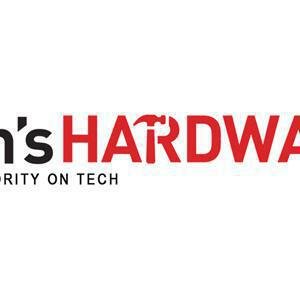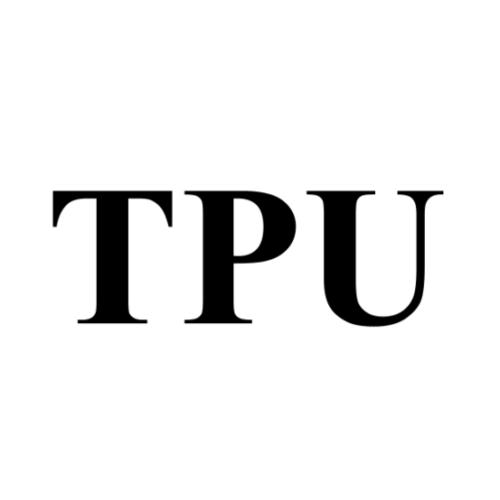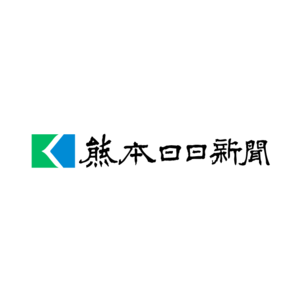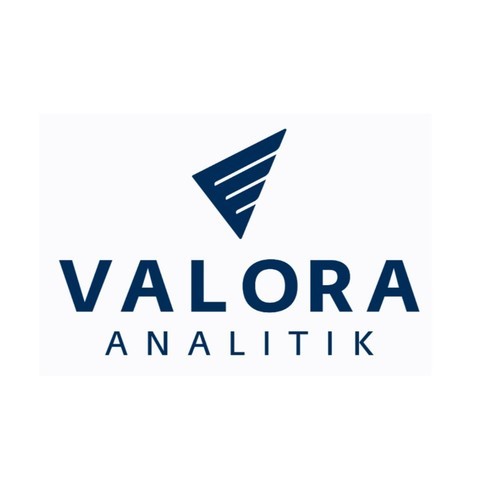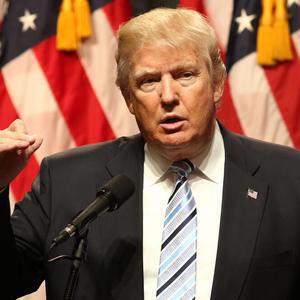The world’s second-most valuable company is caught in the back-and-forth between the United States and China. Beijing announced on Monday, Dec. 9, it launched an antitrust investigation into chipmaker Nvidia.
China’s State Administration for Market Regulation said it suspects the company, crucial to the proliferation of artificial intelligence, is violating a promise it made during its $7 billion acquisition of Israeli networking company Mellanox Technologies. Regulators approved the deal under the contingency that Nvidia wouldn’t discriminate against Chinese competitors. Since that promise in 2020, the U.S. has restricted Nvidia from sending its most advanced chips to China.
Beijing’s investigation into Nvidia comes one week after the Biden administration further restricted exports of chips to China. The Commerce Department’s Bureau of Industry and Security said the policy affects semiconductors that “can be used in the next generation of advanced weapon systems and in artificial intelligence (AI) and advanced computing, which have significant military applications.” The rule added an additional 140 Chinese entities to the trade blacklist.
“NVIDIA wins on merit, as reflected in our benchmark results and value to customers, and customers can choose whatever solution is best for them,” an Nvidia spokesperson told Straight Arrow News in response to China’s investigation. “We work hard to provide the best products we can in every region and honor our commitments everywhere we do business. We are happy to answer any questions regulators may have about our business.”
Beijing banned Micron chips from being used in infrastructure projects last year. That move came after previous chip restrictions implemented by Washington.
Nvidia briefly became the world’s most valuable company with the AI boom. But the company’s stock fell as much as 3% Monday morning on news of the investigation. Apple is currently in the top spot as the world’s most valuable company.
Trade tensions are expected to only escalate as the White House changes hands. President-elect Donald Trump had a highly publicized trade war with China during his first term in office. And he’s promised even higher tariffs on China as he prepares to return to the White House.
But Nvidia CEO Jensen Huang said the company will navigate the environment within the rules.
“I don’t know what’s going to happen with the new administration, but whatever happens, we’ll balance simultaneously compliance with laws and policies, continue to advance our technology and support and to serve customers all over the world,” Huang said in Hong Kong in November 2024. “We’ll continue to do that and we’ll be able to do that just fine.”
Nvidia previously dominated the AI chip market in China before U.S. government restrictions. Now, the company is facing increased competition from domestic Chinese firms like Huawei.





































